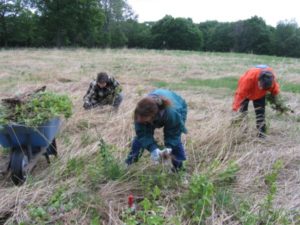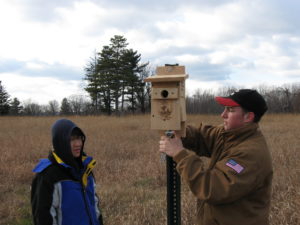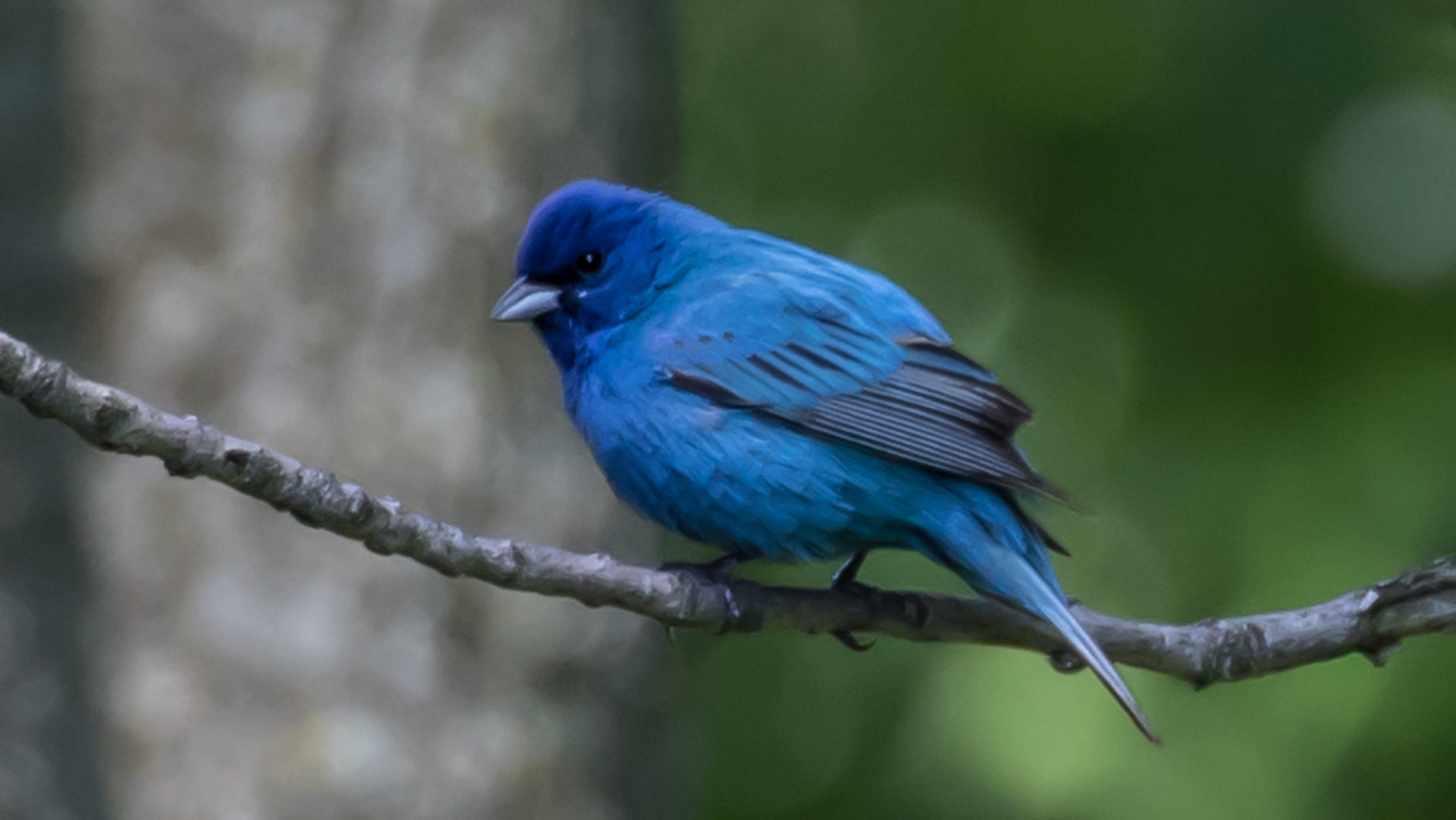“… the care of the earth is our most ancient and most worthy and, after all, our most pleasing responsibility. To cherish what remains of it, and to foster its renewal, is our only legitimate hope.” ― Wendell Berry, The Art of the Commonplace: The Agrarian

‘Nature manages itself’ is commonly heard from those who feel that active stewardship of natural lands is unnecessary. However, this view is based upon a simplistic understanding of natural systems and the forces that create or maintain them. It also fails to acknowledge that human activities have already had significant detrimental impacts on our state’s ecological health – profound alteration of soils from past agricultural use, irreversible fragmentation of natural areas through development, deer population growth due to extirpation of large predators and last, but not least, introduction of non-native species.
In contrast, proponents of stewardship acknowledge that human activities will continue to directly and indirectly shape the remainder of our natural world in New Jersey, and that we have an obligation to intervene to promote ecological health and avoid further loss of biodiversity. In short, stewardship is the mitigation of human impacts on natural systems through management strategies and actions to foster ecological health.

This stewardship philosophy is what drives the Hilltop Conservancy’s policies, priorities and activities in the Hilltop Reservation.

